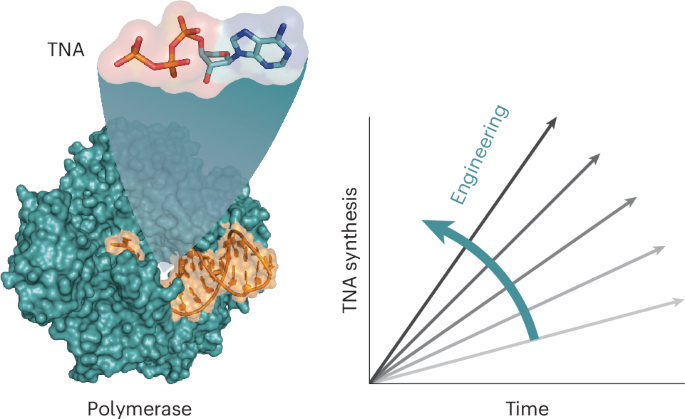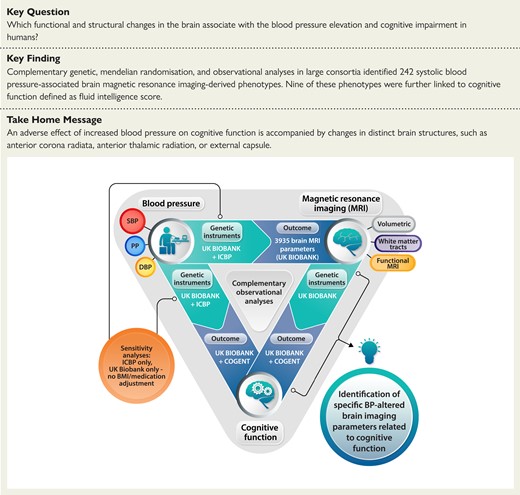2024-10-07 マサチューセッツ工科大学(MIT)
<関連情報>
- https://news.mit.edu/2024/cancer-biologists-discover-new-mechanism-old-drug-1007
- https://www.cell.com/cell-reports-medicine/fulltext/S2666-3791(24)00523-8
大腸癌における5-FUの致死性を媒介するRNA損傷応答ネットワーク An RNA damage response network mediates the lethality of 5-FU in colorectal cancer
Jung-Kuei Chen ∙ Karl A. Merrick∙ Yi Wen Kong∙ … ∙ Matthew G. Vander Heiden∙ Ömer H. Yilmaz∙ Michael B. Yaffe
Cell Reports Medicine Published:October 7, 2024
DOI:https://doi.org/10.1016/j.xcrm.2024.101778
Graphical abstract
Highlights
•5-FU does not synergize with DNA-damaging agents such as oxaliplatin or irinotecan
•5-FU incorporation into structured RNAs (primarily rRNA) causes cancer cell death
•5-FU drives lysosomal degradation of rRNA and ubiquitylation of ribosomal proteins
•Upregulating rRNA transcription enhances tumor killing following 5-FU treatment
Summary
5-fluorouracil (5-FU), a major anti-cancer therapeutic, is believed to function primarily by inhibiting thymidylate synthase, depleting deoxythymidine triphosphate (dTTP), and causing DNA damage. Here, we show that clinical combinations of 5-FU with oxaliplatin or irinotecan show no synergy in human colorectal cancer (CRC) trials and sub-additive killing in CRC cell lines. Using selective 5-FU metabolites, phospho- and ubiquitin proteomics, and primary human CRC organoids, we demonstrate that 5-FU-mediated CRC cell killing primarily involves an RNA damage response during ribosome biogenesis, causing lysosomal degradation of damaged rRNAs and proteasomal degradation of ubiquitinated ribosomal proteins. Tumor types clinically responsive to 5-FU treatment show upregulated rRNA biogenesis while 5-FU clinically non-responsive tumor types do not, instead showing greater sensitivity to 5-FU’s DNA damage effects. Finally, we show that treatments upregulating ribosome biogenesis, including KDM2A inhibition, promote RNA-dependent cell killing by 5-FU, demonstrating the potential for combinatorial targeting of this ribosomal RNA damage response for improved cancer therapy.



